Paying for any kind of health care can be intimidating due to the ever-rising costs. Affording elder care for your parent can be difficult, but there are multiple sources of income and assistance for those who need elder care.
Home Care and Care Centers
The most prevalent type of home care is that performed by friends and family members for free. You can take care of an elderly parent yourself by paying money out of pocket. If that arrangement is not possible, however, you can hire a home aide or a visiting nurse for anywhere from $9-$60 per hour depending on the person’s experience and qualifications. This is a good option for those who want to remain at home instead of going into some sort of care center away from home.
Elder care outside of the home is fairly expensive. In fact, an apartment or home in a continuing care retirement community can cost as much as $400,000. Fortunately, most senior care centers do not cost nearly that much. Assisted living facilities can cost around $850-$4,000 a month, and securing a single-occupant room in a nursing home can cost around $6,600 a month.
Assistance and Insurance
Fortunately, you may not have to worry about paying for all of these elder care expenses. Medicare is not a great source for long-term elder care assistance, but it can help you pay for various home care needs. Medicaid, however, provides nearly three quarters of America’s long-term elder care funding and will help you or your elderly loved one pay for long-term elder care needs. You need to make sure that you or your loved one meets the requirements and stipulations for Medicaid before you rely on it for elder care funding assistance.
Long-term care insurance is another possible source of elder care funding—especially if it is purchased before a person requires long-term elder care. Insurance policies vary wildly from one company and payment level to another, and some insurance companies will refuse to cover elderly people who are already in need of long-term elderly care. Purchasing long-term care insurance while you or your loved one are relatively healthy, however, ensures that you will pay a much lower rate when the time for long-term elder care arrives.
Elderly Americans alone spent over $119 billion in 2009 on long-term elder care, so you or an elderly loved one in need of elder care should talk to your health care professionals and insurance companies in order to learn about all of the options available to you. Medicare and–to a much greater degree—Medicaid can be solid sources of elder care funding, as can long-term care insurance. You may also want to consider saving up as much money as possible before reaching the age of needing elder care in order to pay for out-of-pocket expenses.





